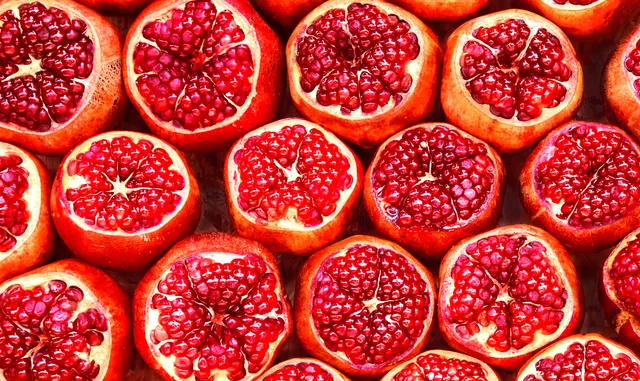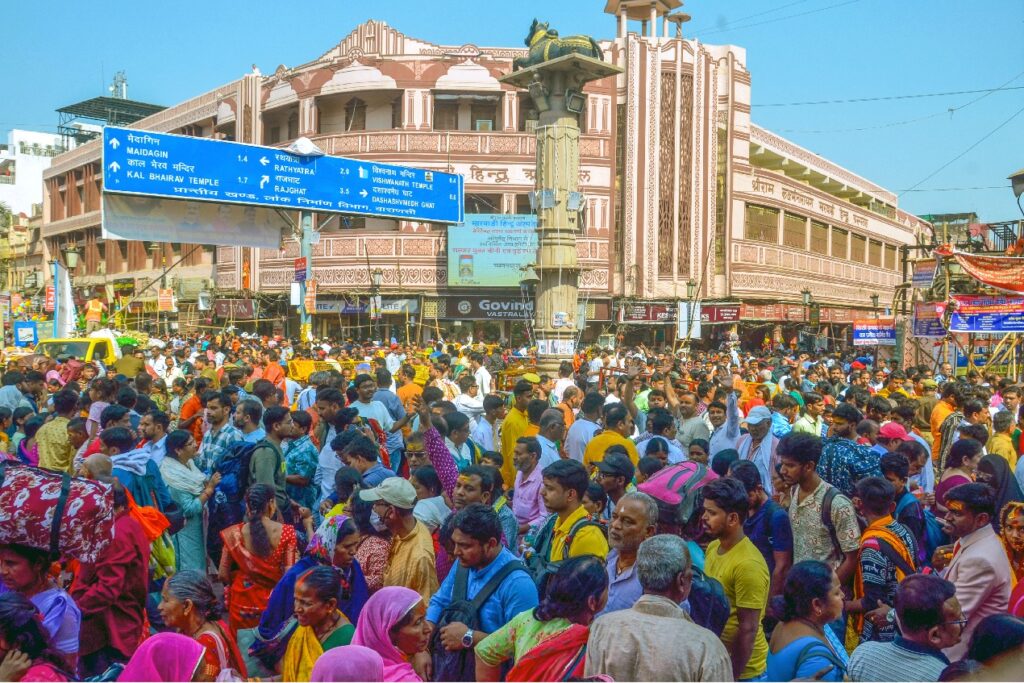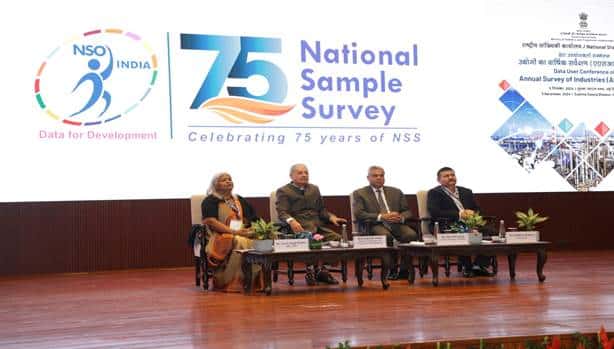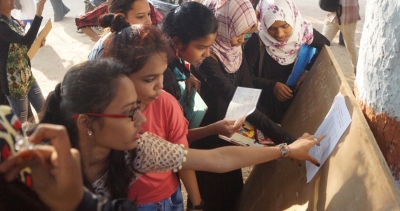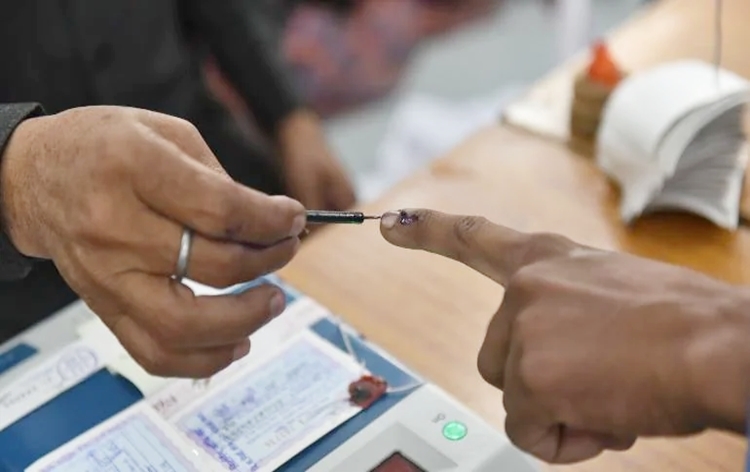Ponkaliamman Festival: A Celebration Of Faith And Tradition In Erode, Tamil Nadu
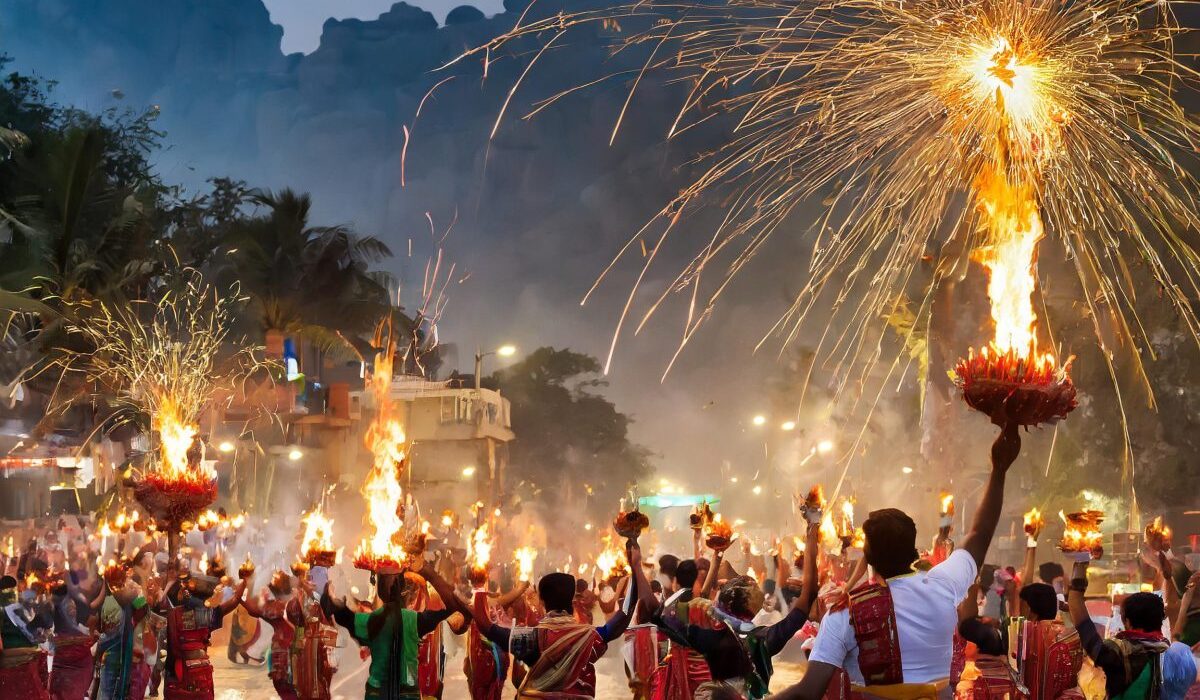
The Sri Ponkaliamman temple in Tamil Nadu’s Erode district radiated with the enthusiasm of over 50,000 devotees during the revered Ponkaliamman festival. Thousands of worshippers took part in a magnificent procession on Wednesday evening, carrying fire torches as a symbol of their unwavering faith.
Devotees from various districts, including Erode, Namakkal, Karur, Tirupur, Coimbatore, and Salem, gathered in Erode to participate in the religious celebrations.
What is the Ponkaliamman festival about?
The Ponkaliamman festival in Tamil Nadu is a vibrant celebration dedicated to the goddess Ponkaliamman, also known as Goddess Parvati or Mariamman. This festival is primarily observed in rural areas of Tamil Nadu, particulalry in villages where the goddess is worshipped with great reverence.
The festival typically occurs during the Tamil month of Panguni (March-April) and lasts for about 2-3 days, with the main festivities concentrated on specific auspicious days. The primary focus of the Ponkaliamman festival is to honour the goddess and seek her blessings for health, prosperity, and protection from evil forces.
During the festival, worshippers perform rituals like bathing the idol of Ponkaliamman with holy water, milk, coconut water, turmeric paste, sandalwood paste, and honey. This is believed to purify the goddess and bring blessings to the devotees.
Another significant aspect of the Ponkaliamman festival is the lighting of torches or fire torch processions. Devotees carry lit torches in grand processions, symbolizing their fervent devotion and commitment to the goddess. The procession is often accompanied by music, dance, and fervent chants praising the goddess’s glory.
Apart from these rituals, the festival also includes cultural events, folk performances, traditional music, and dance performances that add to the festive atmosphere. Food offerings such as Pongal (a sweet rice dish), fruits, and flowers are made to the goddess as part of the festivities.
History
The history of the Ponkaliamman temple goes back centuries, although the exact date of its establishment is not clear.
In the mid-1950s, the temple was rebuilt and renamed Pariyur, which comes from ‘Pari’ ‘oor,’ indicating it was a place ruled by ‘Pari.’
During the festival, devotees bring plenty of wood to fuel a large pit. The temple’s chief priest leads a procession, and worshippers walk on the burning pit with great courage.
The festival is particularly meaningful for worshippers seeking blessings, as rituals such as abhishekam to Muniappaswami with twelve pots of water on a Tuesday are believed to fulfill desires for children and provide protection from malicious forces.
The talismans and threads placed at the deity’s feet are revered for their reputed ability to cure ailments and ward off negative influences.
Vel Pari, a revered figure in Tamil literature, is hailed as one of the Kadai ezhu vallal (literally meaning, the last of the seven great patrons).
Arulmigu Kondathu Kaliamman, worshipped at the temple, is believed to bring prosperity to the land. She is worshipped as Rudra Kali, adorned with a flaming crown and the face of Rudra.


